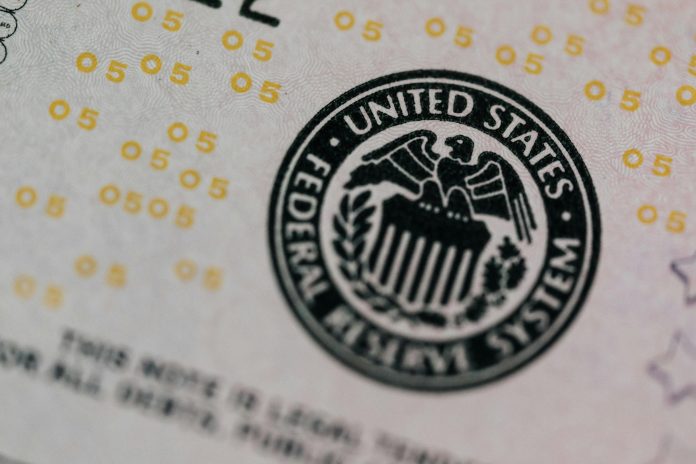The U.S. Federal Reserve has officially announced its withdrawal from the Network of Central Banks and Supervisors for Greening the Financial System (NGFS), a global coalition focused on addressing climate and green finance issues within the financial sector.
According to ESG Today, this decision precedes the upcoming presidential inauguration of Donald Trump, marking a significant shift as Republican skepticism towards climate change initiatives grows.
Established in 2017, the NGFS aims to enhance the global financial response to the challenges of climate change, supporting the goals of the Paris Agreement by mobilizing capital for green investments and helping financial systems manage environmental risks. These include assessing the physical impacts of climate change, such as heatwaves, droughts, and flooding, as well as economic shifts like carbon pricing adjustments, which are essential for climate stress tests conducted by central banks globally.
The Fed’s involvement began in late 2020 under Jerome Powell, appointed as Fed Chair by Trump during his first term. Powell emphasized the importance of understanding climate change’s impact on financial systems but maintained that the Fed should not act as a “climate policymaker.” This stance was highlighted during the Fed’s first climate scenario analysis in 2023, involving the six largest U.S. banks using NGFS scenarios.
The Federal Reserve’s recent statement clarified that the NGFS’s expanding scope beyond its initial mandate prompted the withdrawal. The NGFS acknowledged the Fed’s decision with regret but respect, noting the Fed’s non-involvement in its Steering Committee or any leading workstream.
In response to this development, the NGFS continues to advocate for an integrated approach to address the interdependencies between climate, biodiversity, and other environmental factors, underscoring the financial system’s reliance on a holistic perspective to ensure resilience.
Copyright © 2025 RegTech Analyst
Copyright © 2018 RegTech Analyst



